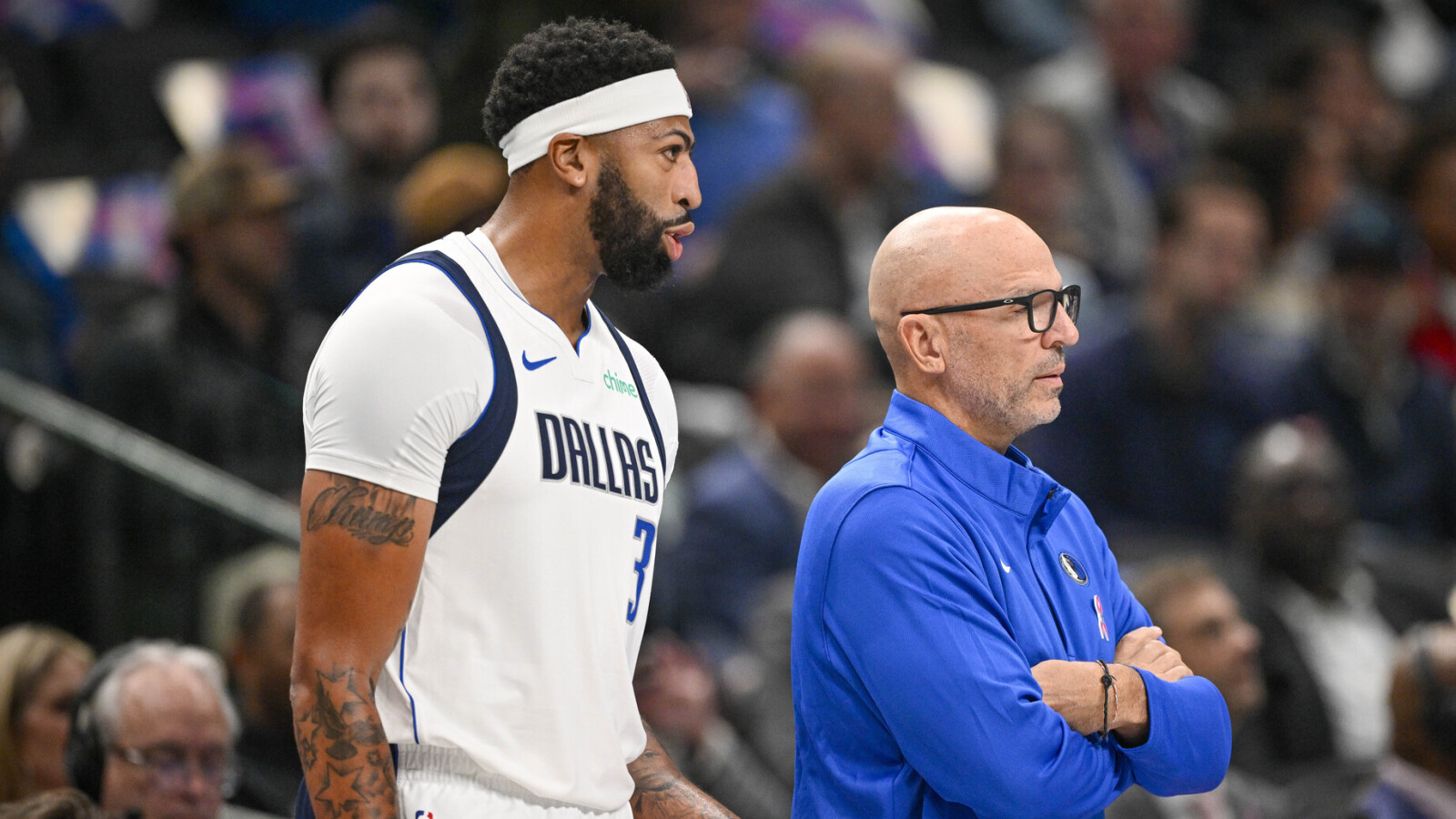The Dallas Mavericks are grappling with a pivotal decision regarding All-Star center Anthony Davis, following his recent injury in a narrow 107-105 victory against the Indiana Pacers. Davis exited the game after just seven minutes due to a leg injury and has since been ruled out for the upcoming match against the Detroit Pistons in Mexico City on October 28, 2023. This latest setback marks another chapter in Davis’ troubling injury history, as he has participated in only 14 of 38 games since the Mavericks acquired him in a trade for Luka Doncic last season.
Davis, who is currently in his 14th NBA season at age 32, presents a growing concern for the Mavericks. His history of injuries has made him a less reliable asset, especially given that he has played more than 62 games in a season only once since turning 24. With the promising rookie Cooper Flagg now in the fold, it raises questions about the alignment of Davis’ career trajectory with the Mavericks’ future.
Davis’ Future with the Mavericks Uncertain
The Mavericks are in a transitional phase with Flagg, who is nearly 14 years younger than Davis. Flagg’s skill set suggests he is a natural fit for the power forward position, the same role Davis occupies, albeit with a reluctance to play center. Davis recently acknowledged the looming end of his career by stating, “We want [Flagg] to go out here and just play basketball. He’ll have pressure three, four or five years from now when we all probably going to be out [of] the league,” during an interview with ESPN’s Tim MacMahon. This statement underscores the urgency for the Mavericks to consider their long-term strategy.
With Davis set to earn over $175 million by the time his contract expires in three years, trading him could benefit the Mavericks significantly. His value as a two-way player could attract interest from teams looking for a strong defensive presence, particularly those with championship aspirations, such as the Oklahoma City Thunder or the Cleveland Cavaliers. Yet, the potential backlash from the fanbase, who vocally criticized general manager Nico Harrison after the deal involving Doncic, might deter him from making such a move.
Evaluating the Trade Options
The Mavericks have a wealth of experience on their roster, with five players boasting over a decade in the league. This depth, coupled with Flagg’s potential, offers the Mavericks a unique opportunity to reshape their roster. The presence of players like P.J. Washington, along with centers Daniel Gafford and Dereck Lively II, provides additional frontcourt support that could mitigate the loss of Davis if a trade is executed.
Despite these options, the Mavericks have struggled with ball handling and perimeter shooting. These deficiencies have rendered them unlikely contenders this season, even with Davis on the court. As injuries continue to plague him, the market for Davis may decline, making it imperative for the Mavericks to act swiftly.
Davis’ off-season preparation has also drawn scrutiny, with reports indicating he arrived at training camp overweight following eye surgery. This raises further concerns about his durability as the season progresses. If the Mavericks are to consider trading Davis, they must weigh the potential embarrassment of admitting a misstep in the Doncic trade against the long-term benefits of aligning their roster with younger, more durable talent.
In summary, the Dallas Mavericks find themselves at a crossroads with Anthony Davis. While his skill set is undeniable, the combination of age, injury history, and the emergence of Cooper Flagg presents a compelling case for a reassessment of his role within the franchise. As the season unfolds, the Mavericks must evaluate their options carefully, balancing immediate performance with future potential.
